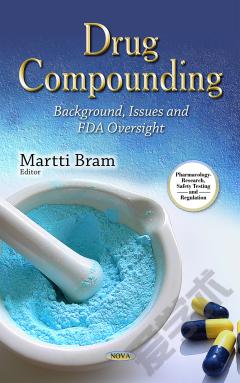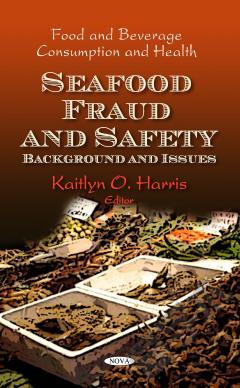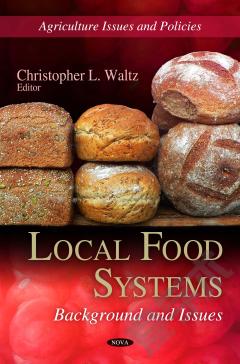Food Fraud and Adulterated Ingredients: Background, Issues, and Federal Action
Food fraud, or the act of defrauding buyers of food or ingredients for economic gain—whether they be consumers or food manufacturers, retailers, and importers—has vexed the food industry throughout history. Some of the earliest reported cases of food fraud, dating back thousands of years, involved olive oil, tea, wine, and spices. These products continue to be associated with fraud, along with some other foods. Although the vast majority of fraud incidents do not pose a public health risk, some cases have resulted in actual or potential public health risks. This book provides an overview of issues pertaining to food fraud and “economically motivated adulteration” or EMA, a category within food fraud. The book also examines the approaches that FDA uses to detect and prevent economic adulteration of food and medical products and the challenges FDA faces in detecting and preventing economic adulteration and views of stakeholders on options for FDA to enhance its efforts to address economic adulteration.
{{comment.content}}








 京公网安备 11010802027623号
京公网安备 11010802027623号